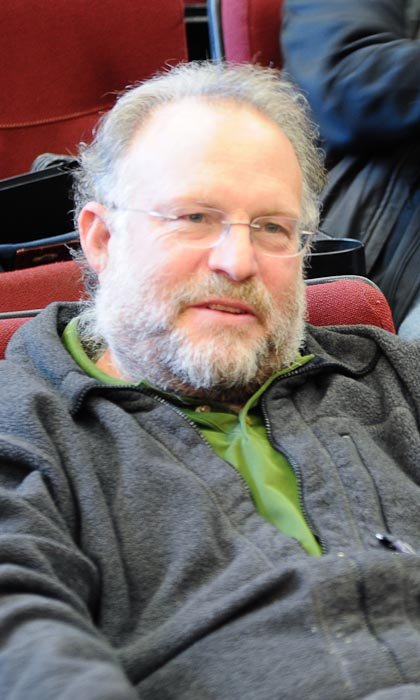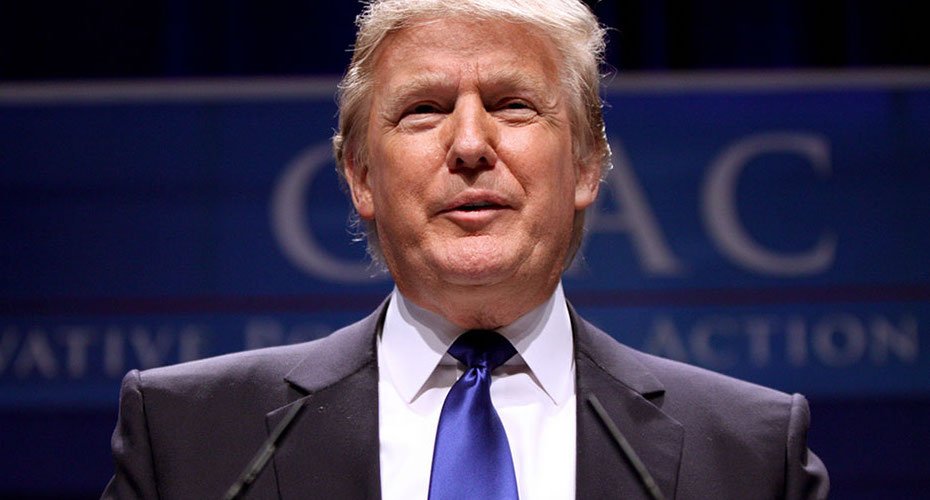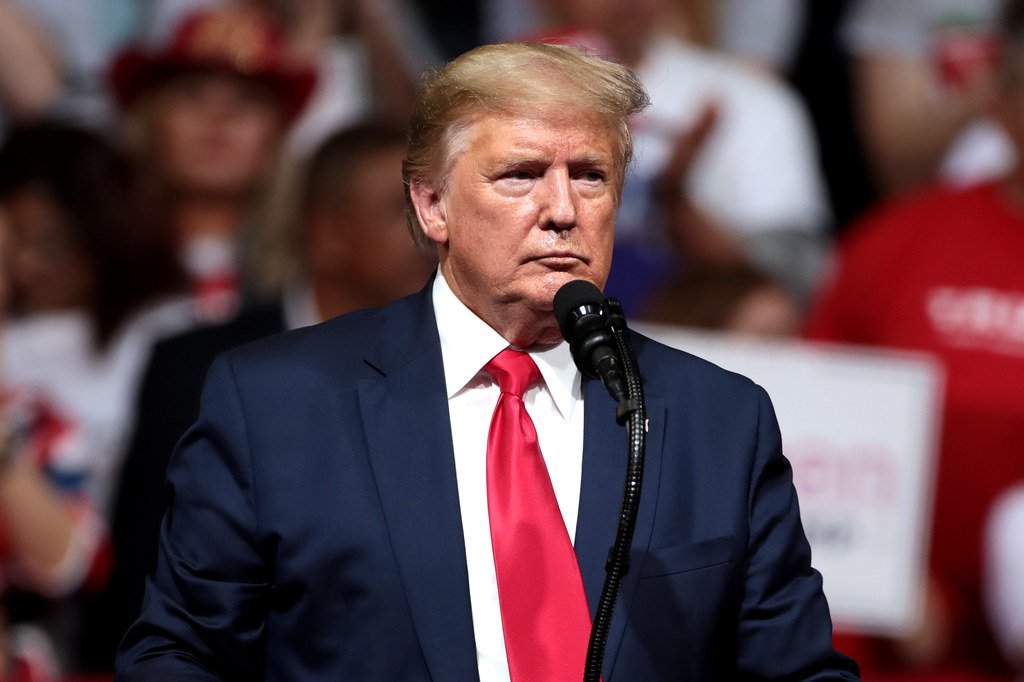BlogHear.com | May 15, 2025
WASHINGTON, D.C. —
Ben Cohen, co-founder of the ice cream brand Ben & Jerry’s, was arrested on Wednesday during a protest in the US Senate over military aid to Israel and the humanitarian situation in Gaza.
The protest occurred while Health and Human Services Secretary Robert F. Kennedy Jr. was testifying at a Senate hearing. Protesters interrupted the proceedings, prompting a police response. Capitol Police confirmed that Cohen was charged with a misdemeanor offense related to civil disobedience.
Arrest and Charges
A video circulated on social media showed Cohen being escorted from the Senate chamber by police, his hands restrained behind his back. He was charged with crowding, obstructing, or incommoding, a charge commonly used in protests within the US Capitol.
In a video clip taken after his arrest, Cohen said:
“Congress kills poor kids in Gaza by buying bombs, and pays for it by kicking kids off Medicaid in the US.”
Capitol Police also reported that six other demonstrators were arrested. Some face more serious charges, including assaulting a police officer and resisting arrest.
Activism and Corporate Tensions
Ben Cohen has long been known for his activism, especially on issues such as climate change, LGBTQ+ rights, and foreign policy. Since co-founding Ben & Jerry’s in 1978 with Jerry Greenfield, the company has maintained a reputation for progressive values.
Ben & Jerry’s was acquired by Unilever in 2000. As part of the acquisition, an independent board was established to uphold the ice cream brand’s social mission. However, tensions between the two entities have escalated in recent years.
In 2021, Ben & Jerry’s halted ice cream sales in Israeli-occupied West Bank territories, citing ethical concerns. The move sparked a legal and political backlash, straining the relationship between the company and its parent.
Earlier this year, Ben & Jerry’s filed a legal complaint against Unilever, alleging that the company ousted CEO David Stever due to his support for the brand’s political messaging, including calls for a ceasefire in Gaza. Unilever responded that it was “disappointed” that details of internal employee matters were made public.
In a statement to BBC News, a Unilever spokesperson distanced the company from Cohen’s protest activities, saying:
“Ben Cohen takes stances as an activist citizen on issues he finds personally important. These actions are on his own as an individual and not on behalf of Ben & Jerry’s or Unilever.”
For more news on activism, US politics, and global issues, visit BlogHear.com.




